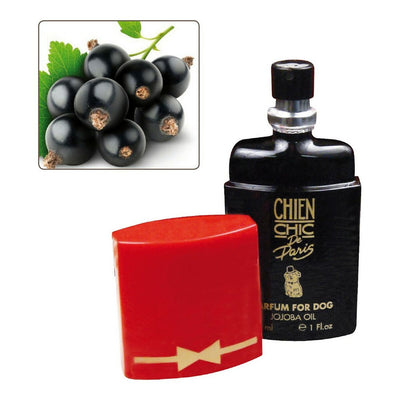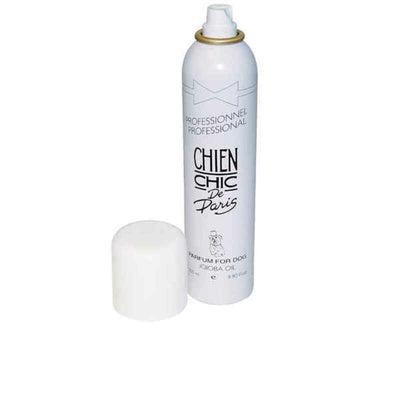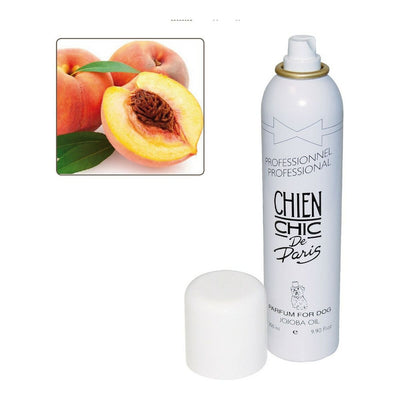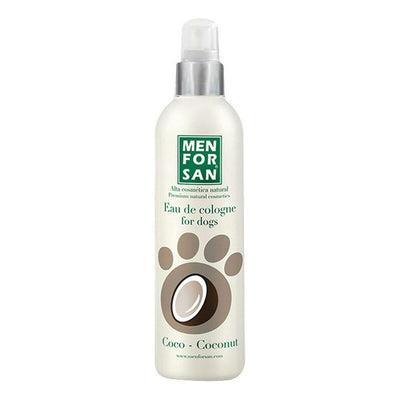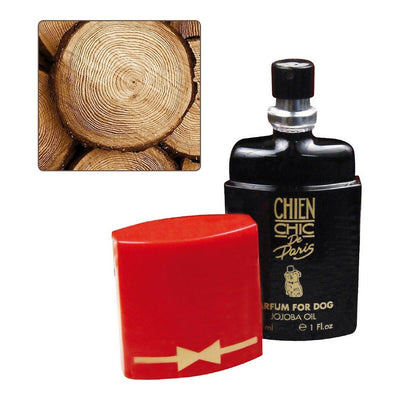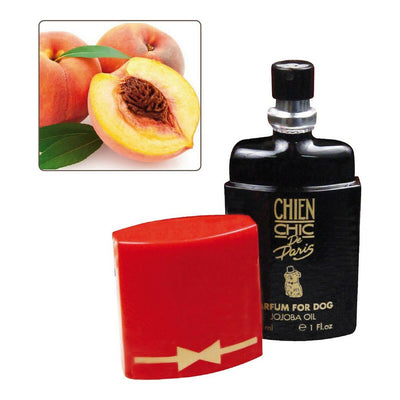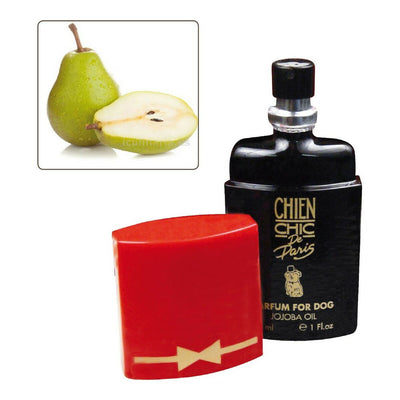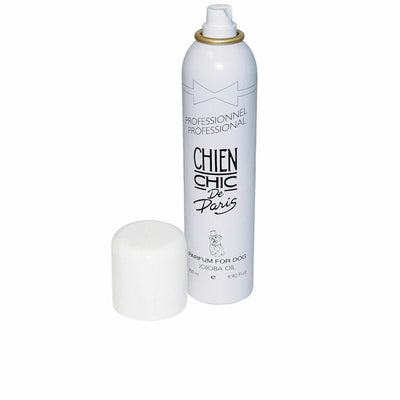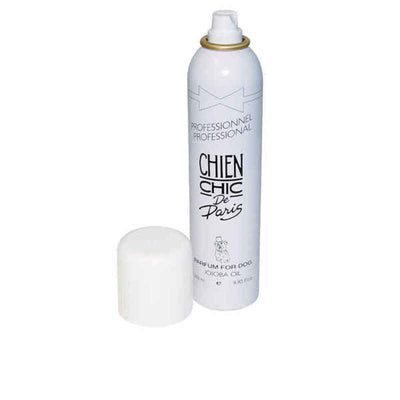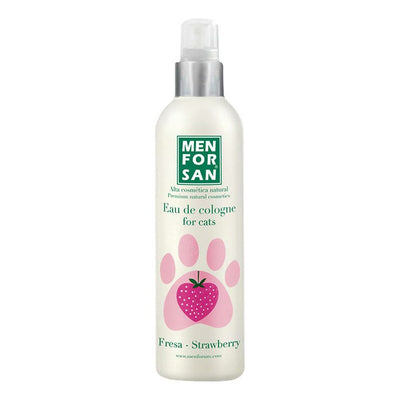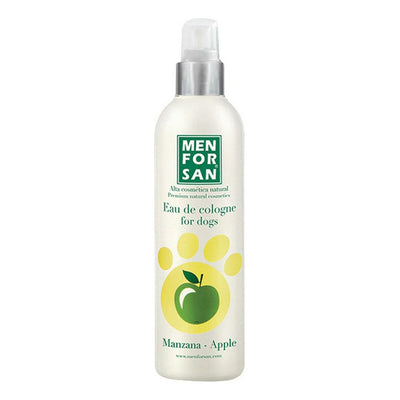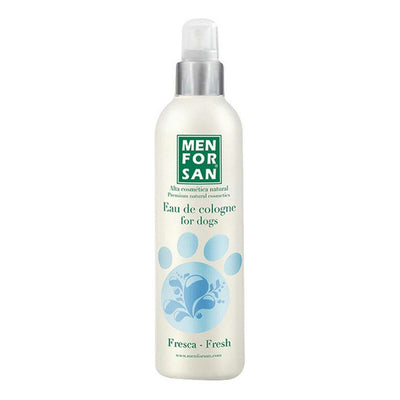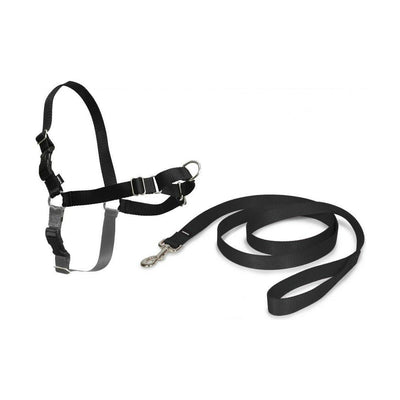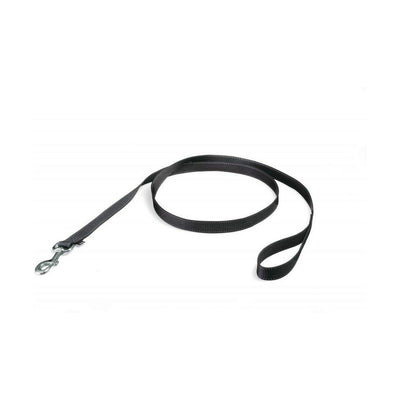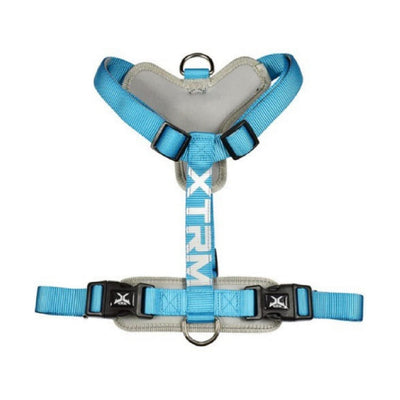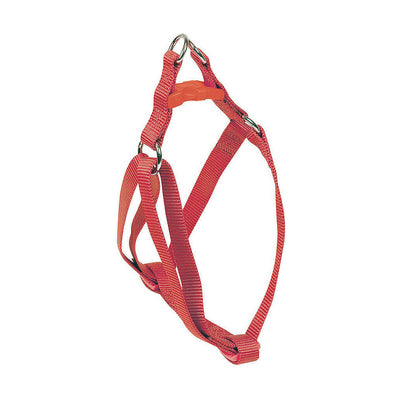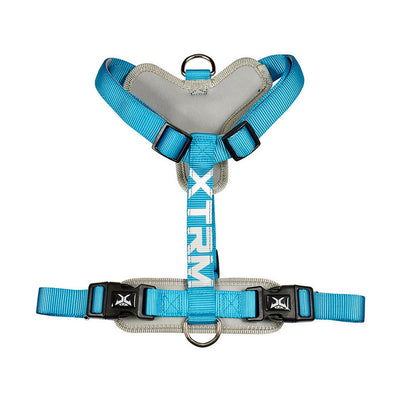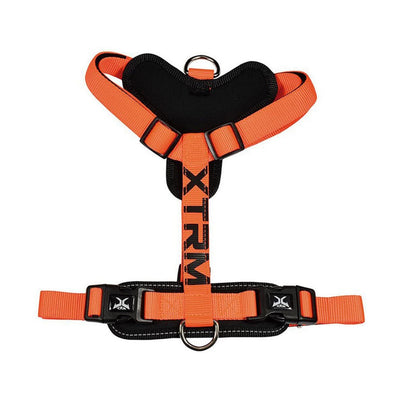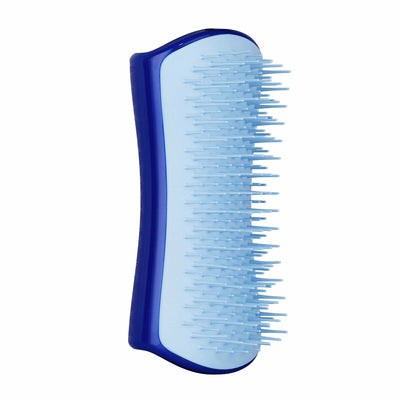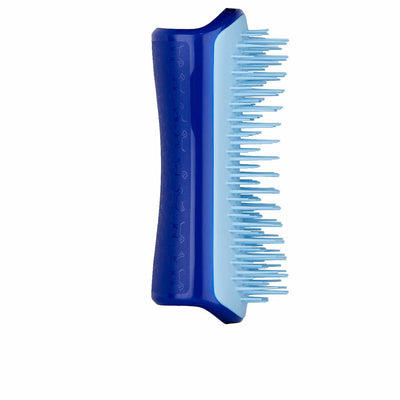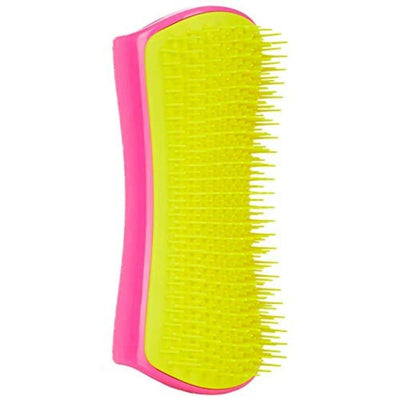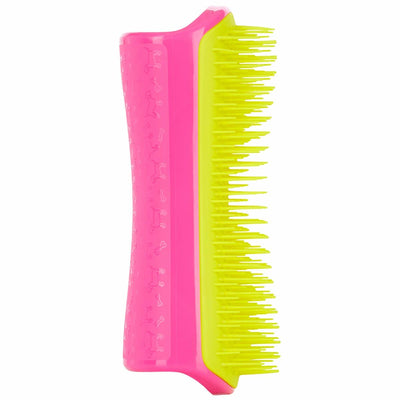
hygiene
Comprehensive guide to dog hygiene
Maintaining proper hygiene for your furry friend is crucial to their overall well-being. A clean and healthy dog is not only happier but also less prone to various health problems. In this guide, we'll cover various aspects of dog hygiene, from grooming to dental care, and give you valuable insight into how to keep your four-legged companion in tip-top shape.
Care basics
Regular bathing
Bathing your dog is important to remove dirt, odors and loose hair. Use a dog-friendly shampoo and rinse thoroughly to avoid skin irritation. The frequency of baths depends on your dog's breed and lifestyle. Regular bathing also offers the possibility of detecting skin abnormalities or parasites.
Brush fur
Brushing your dog's coat regularly helps prevent tangles and reduce hair loss. It also stimulates the skin and distributes natural oils, keeping the coat healthy. Short-haired dogs may need brushing once a week, while long-haired breeds may need daily brushing sessions.
Nail care
Proper nail care is vital to your dog's well-being and health. Regular trimming prevents nails from becoming too long and causing pain or difficulty walking. Use a dog nail clipper or nail grinder, being careful not to cut too close to the nail. If you are unsure, consult your veterinarian or a professional dog groomer.
Oral hygiene
Brush teeth
Dental hygiene is often neglected, but is crucial to your dog's overall health. To brush your dog's teeth regularly, use a dog-friendly toothbrush and toothpaste. Dental chews and dental toys can also help keep teeth clean. Luckily, All4Pets has many different dental hygiene options to offer.
Regular checks at the vet
Schedule regular checkups with your veterinarian to monitor your dog's oral health. They can identify dental problems early and recommend appropriate treatments. Dental problems in dogs can lead to serious health problems if left untreated.
ears and eyes
Ear cleaning
Check your dog's ears regularly for dirt, wax, or signs of infection. Clean them with a vet-recommended ear cleaner and a cotton ball or pad. Be careful and avoid inserting anything into the ear canal.
Eye care
Check your dog's eyes for discharge or redness. Wipe off any residue with a damp, soft cloth. If you notice persistent problems, contact your veterinarian. Some breeds are more prone to tear stains and require special attention.
Paws and skin
Paw inspection
Check your dog's paws regularly for cuts, thorns, or foreign objects. Keep the paw balls trimmed and moisten them if they become dry. For long-haired breeds, it may be necessary to trim the hair in the paw area.
Skin health
Monitor your dog's skin for abnormalities such as lumps, bumps, or redness. Regular care prevents skin problems and a healthy diet contributes to a shiny coat. If you notice persistent skin problems, contact your veterinarian.
Nutrition and hydration
Balanced nutrition
A balanced diet is essential for your dog's overall health, including his coat and skin. Provide your dog with high-quality food that is appropriate for his age, size and breed. Ask your veterinarian for individual nutritional recommendations. Check out All4Pets' dog food selection to find the best options on the market!
Fresh water
Always make sure your dog has access to fresh, clean water. Proper hydration is essential for healthy skin, coat and overall well-being. Dehydration can lead to various health problems and affect your dog's appearance and energy.
frequently asked Questions
How often should I bathe my dog?
The frequency of baths depends on your dog's breed and lifestyle. In general, a bath every 4-8 weeks is appropriate for most dogs.
Can I use human shampoo on my dog?
It is recommended to use a shampoo specifically designed for dogs. Human shampoos may contain ingredients that can be harmful to your dog's skin.
How do I clean my dog's ears without causing damage?
Use a vet-recommended ear cleaner and a cotton ball or pad. Gently wipe the visible parts of the ear, avoiding the ear canal.
Are dental chews a good alternative to brushing my dog's teeth?
Although dental chews can be helpful, they are not a substitute for regular tooth brushing. For optimal oral hygiene, aim for a combination of both.
What should I do if I notice persistent skin problems on my dog?
Consult your veterinarian. Persistent skin problems may indicate underlying health problems that require professional attention.
Can I clean my dog with baby wipes between baths?
While fragrance-free, dog-friendly baby wipes can be used for quick cleaning, they are not a substitute for regular baths. Excessive use can irritate your dog's skin. Stick to a proper grooming routine and ask your veterinarian for advice on how to maintain your dog's hygiene between baths.


